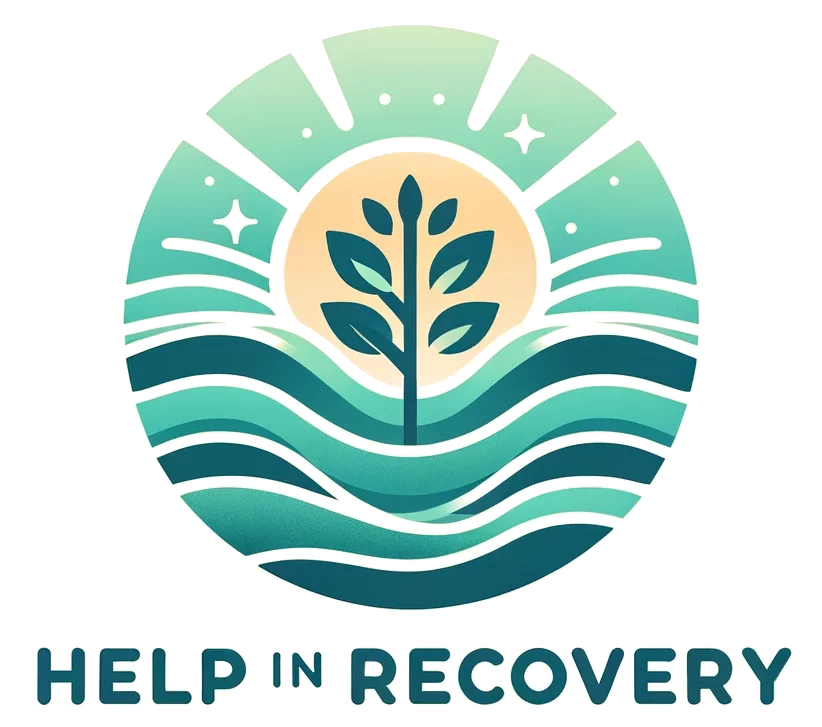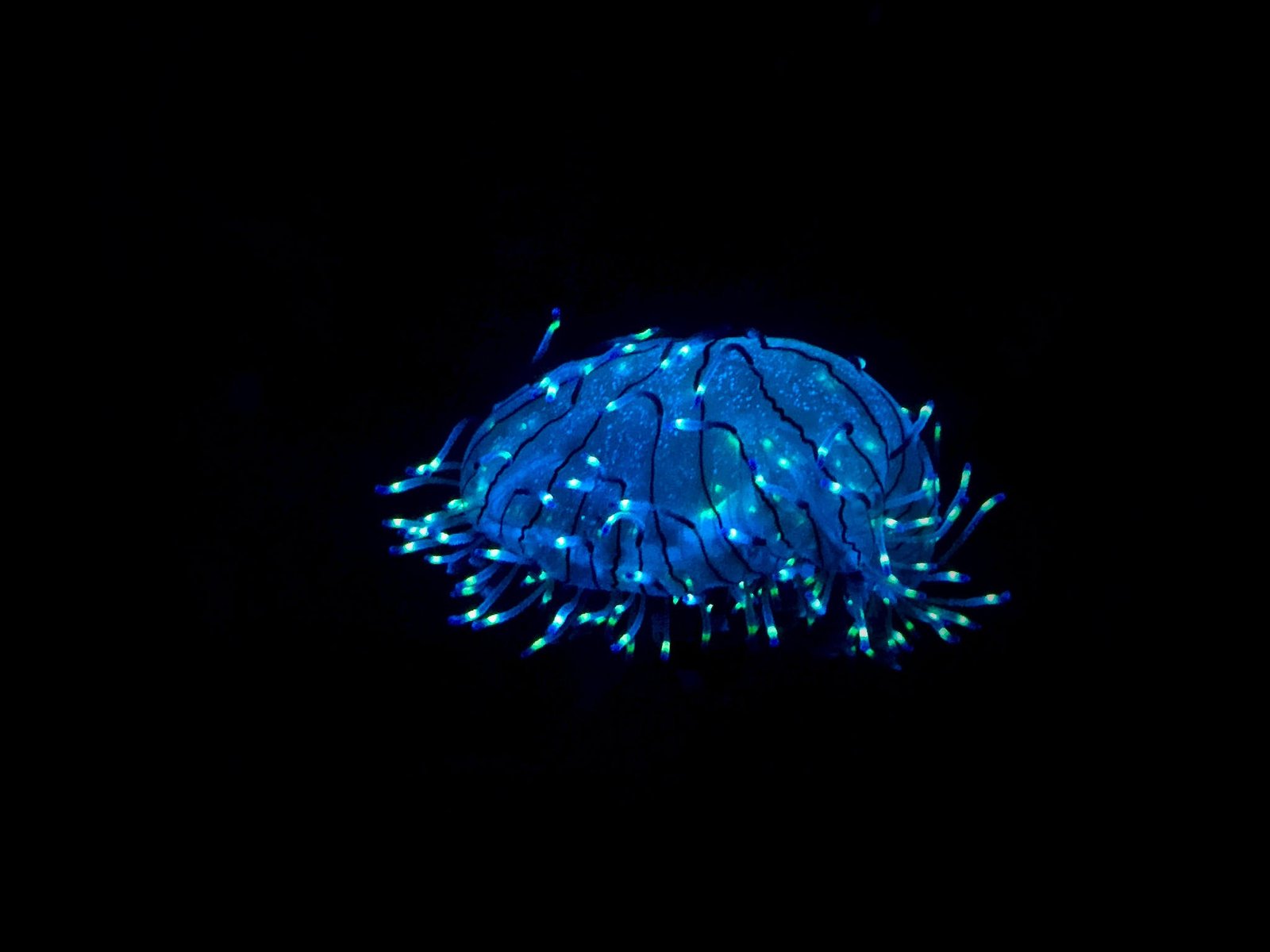Unraveling the Science Behind Addiction | Addiction Science Explained
Unveiling the Psychological and Neurological Journey of Dependency
Addiction is a formidable foe that intertwines with the very fabric of human psychology and the complex circuitry of the brain. It’s a battle beyond mere choice, reaching the depths of need and compulsion. In this exploration, we aim to decode the enigma of addiction science, bringing clarity to the psychological and neurological underpinnings of this challenging condition.
Introduction
Imagine a world where every decision is merely a matter of willpower. Simple, right? Yet, in the realm of addiction, this concept becomes a mere cog in a vast and intricate machine. “The Science Behind Addiction” is your comprehensive guide through the maze of addiction science, spotlighting the psychological and neurological dimensions that orchestrate this condition.
In the chapters to come, we’ll dissect the brain’s intricate response to addictive substances, unravel the psychological elements that sow the seeds of dependency, and harness the latest scientific insights to chart a course towards recovery. Whether you’re entrenched in the academic study of psychology, navigating the rocky path to recovery, or fascinated by the mechanics of addiction, this article promises to enrich your understanding with every paragraph.
The Brain on Addiction: A Neurological Perspective
The brain is our body’s command centre, directing traffic through neurotransmitters and electrical signals. When addictive substances enter the scene, they hijack this system, altering the brain’s natural order and creating a new, harmful set of priorities.
Understanding Neurotransmitters and Reward
Addictive substances can exert their influence by mimicking or enhancing the action of neurotransmitters, the brain’s chemical messengers. One key player is dopamine, a neurotransmitter associated with pleasure and reward. Normally, dopamine rewards natural behaviours necessary for survival, like eating and social interaction. However, substances can release two to ten times the dopamine that natural rewards do, creating an amplified and unsustainable sense of pleasure.
The Role of the Limbic System
The limbic system, the brain’s “reward circuit,” is crucial in processing pleasure. When a substance triggers a disproportionate release of dopamine, the limbic system is activated, reinforcing behaviours and making drug use more likely to be repeated.
Psychology’s Role in Addiction
Addiction is not solely a neurological issue; it is deeply rooted in psychological processes as well. Understanding the psychological aspects of addiction is crucial in addressing the ‘why’ behind substance use.
Coping Mechanisms and Emotional Pain
Often, individuals turn to substances as a coping mechanism for emotional pain. The temporary relief from stress, anxiety, or depression can make drugs or alcohol appear as a haven, which can quickly lead to dependency.
Behavioral Reinforcement and Addiction
Psychology teaches us that behaviours followed by rewarding consequences tend to be repeated. In the context of addiction, the use of substances can become a learned behaviour reinforced by the relief it provides, regardless of the long-term consequences.
Pathways to Recovery: The Intersection of Neurology and Psychology
Understanding the science behind addiction is more than an academic pursuit—it’s a roadmap to recovery. By acknowledging the neurological and psychological aspects of addiction, strategies for treatment can be more effectively tailored.
Therapeutic Approaches to Addiction
Various therapeutic approaches, such as Cognitive Behavioral Therapy (CBT), aim to modify negative thought patterns and behaviours. By equipping individuals with better-coping mechanisms, the power of psychological triggers over substance use can be diminished.
Medications and Neurological Treatment
Medication-assisted treatment (MAT) can help address the neurological imbalances caused by addiction. Using medications in combination with counselling and behavioural therapies, MAT can support recovery by restoring some semblance of neurochemical balance.
Conclusion: Embracing a Holistic View on Addiction
Addiction is a multifaceted issue that defies simple explanations or solutions. By approaching it through the lens of both psychology and neuroscience, we gain a holistic understanding that can inform more compassionate and effective interventions.
As we conclude this deep dive into the science behind addiction, consider this a starting point for further exploration or perhaps a source of hope for those touched by addiction. The journey to recovery is challenging, but with the proper knowledge and support, it is a path that can lead to redemption and healing.
Frequently Asked Questions
- Can addiction be cured with willpower alone?
While willpower is a significant component of recovery, addiction is a complex disease that usually requires a combination of psychological support, medical treatment, and lifestyle changes. - How does addiction alter the brain?
Addiction can change the brain’s wiring, particularly in areas related to reward, stress, and self-control, making it challenging to quit without help. - Is it possible to prevent addiction?
Prevention strategies can reduce the risk of addiction, including education about the dangers of drug use, fostering strong connections with family and community, and addressing mental health issues early.
For further reading on the science behind addiction and recovery, consider these resources:
- National Institute on Drug Abuse (NIDA)
- American Psychological Association: Substance Use
- Centres for Disease Control and Prevention: Addiction
Remember, this article is a springboard for your understanding and action. If you or someone you know is struggling with addiction, professional help is available, and recovery is possible. We recommend reading Understanding Addiction for other topics in this subject area.







